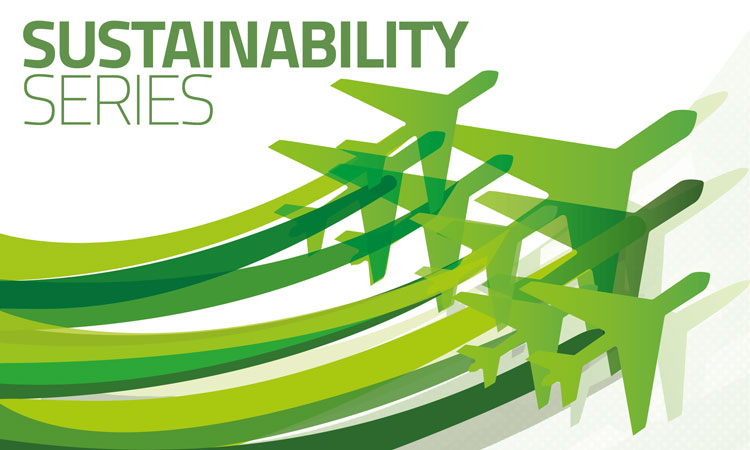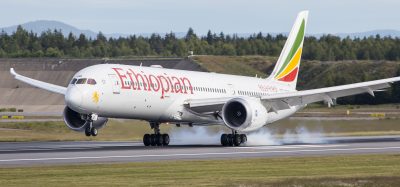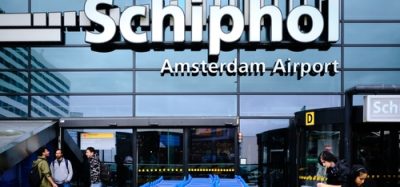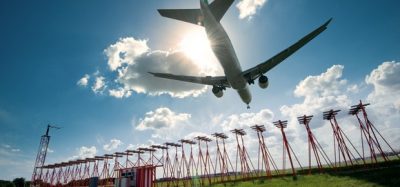Sustainability Series: The world’s first waste-free flight
Posted: 7 June 2019 | International Airport Review | No comments yet
The first-ever commercial flight to produce no landfill waste took to the skies at the beginning of May, marking the start of Qantas’ plan to cut 100 million single-use plastics by the end of 2020 and eliminate 75 per cent of the airline’s waste by 2021.


All in-flight products on board the QF739, flying from Sydney to Adelaide staffed by cabin crew from the Qantas ‘Green Team’, were disposed of via compost, reuse or recycling.
Speaking at the flight’s departure, Qantas Domestic CEO, Andrew David, said the trial flight was an important milestone for the national carrier’s plan to slash waste.
He said: “In the process of carrying over 50 million people every year, Qantas and Jetstar currently produce an amount of waste equivalent to 80 fully-laden Boeing 747 jumbo jets. We want to give customers the same level of service they currently enjoy, but without the amount of waste that comes with it.”
Join us live: Shaping the Next Generation of Hold Baggage and Air Cargo Screening
Join us live for an insightful webinar on 11th December at 14:00 GMT, in collaboration with Smiths Detection, as we explore the strategic balance of operational efficiency, regulatory compliance, and sustainability in high-volume security environments.
This session offers a focused look into future-proofing your security strategy.
Key learning points
- Cost Reduction: Strategies to minimize bag travel time while simultaneously reducing operational costs.
- Regulatory Roadmap: Insights into the next wave of regulatory changes and their impact on future investment decisions.
- Sustainable Systems: Practical approaches to building sustainability into security systems and lowering the total cost of ownership (TCO).
- Scalable Solutions: Real-world examples of scalable systems supporting current airport growth and preparing for tomorrow.
Register now for expert insights, case studies, and actionable strategies on operational efficiency!
David said this flight would typically produce 34 kilograms of waste – with the Sydney to Adelaide route producing 150 tonnes of waste annually.
He continued: “This flight is about testing our products, refining the waste process and getting feedback from our customers.”
About 1,000 single-use plastic items were substituted with sustainable alternatives or removed altogether from the flight, including individually-packaged servings of milk and Vegemite.
Alternative products used during the flight included meal containers made from sugar cane and cutlery made from crop starch, all of which is fully compostable.
At the end of the meal service, Qantas cabin crew collected the items left over for reuse, recycling or composting in multiple waste streams.
Customers used digital boarding passes and electronic bag tags where possible, with staff on hand to make sure any paper passes and tags were disposed of sustainably.
The Qantas lounges at Sydney Airport’s domestic terminal also went ‘green’ for the flight, with multiple waste streams in use.
In its effort to remove 100 million single-use plastic items every year by the end of 2020, Qantas and Jetstar will replace 45 million plastic cups, 30 million cutlery sets, 21 million coffee cups and four million headrest covers with sustainable alternatives.
Airlines are legally required to dispose of some materials permanently, such as quarantined food from international flights. Qantas will work with suppliers and government to reduce the volume of this waste.
The national carrier’s waste reduction initiative has been called The Bowerbird Project, named after the Australian bird that reuses small plastic items. The name was nominated by a cabin crew member in a staff competition.
The zero-waste flight will be 100 per cent carbon offset. Qantas operates the largest carbon offset scheme in the aviation industry, with a passenger offsetting their flight every minute. From mid-2019, customers will earn 10 Qantas Points for every dollar spent offsetting their travel from Australia, which is the highest standard earn rate of any frequent flyer initiative.
In 2018, Qantas operated the first biofuel flight between Australia and the United States using biofuel processed from mustard seed, and in 2012 Qantas and Jetstar operated Australia’s first biofuel trial flights.
Stay Connected with International Airport Review — Subscribe for Free!
Get exclusive access to the latest airport and aviation industry insights from International Airport Review — tailored to your interests.
✅ Expert-Led Webinars – Gain insights from global aviation leaders
✅ Weekly News & Reports – Airport innovation, thought leadership, and industry trends
✅ Exclusive Industry Insights – Discover cutting-edge technologies shaping the future of air travel
✅ International Airport Summit – Join our flagship event to network with industry leaders and explore the latest advancements
Choose the updates that matter most to you.
Sign up now to stay informed, inspired, and connected — all for free!
Thank you for being part of our aviation community. Let’s keep shaping the future of airports together!

















